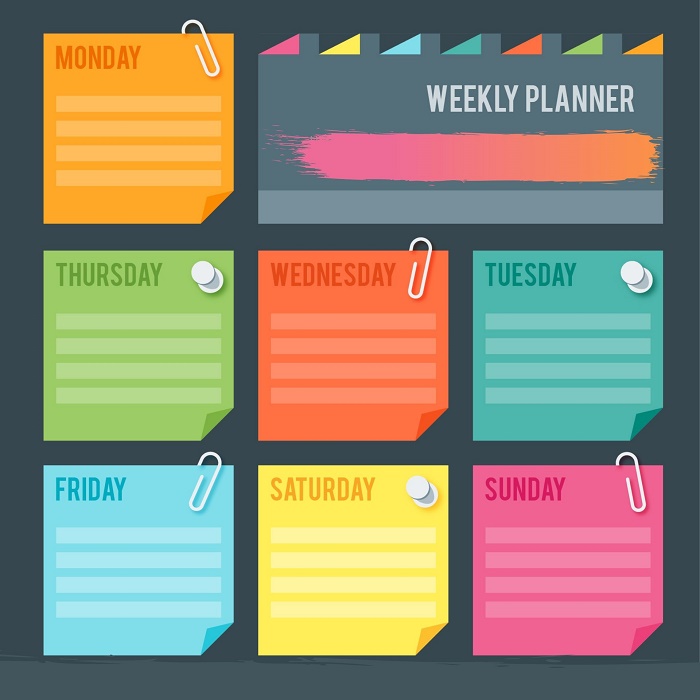Posted by Daksh Haldar on May 20, 2019
Here you are again. Reading an article on how to avoid procrastinating when you probably have a dozen tasks that are calling for your attention. You are the proverbial college student- you have a test to study for, a research paper to submit, and yet, the most interesting thing to you is how you’ve not cleaned your room in ages! And so, off you go on a cleaning spree around your house, cleaning up your desk, tucking away the bed corners, rearranging your bookshelf alphabetically, and sorting out your wardrobe. Then, having exhausted your physical and mental capacities for the day, you have no motivation to contribute towards the completion of your more pressing tasks. You put them off for yet another day.
But what if I told you that you are not alone in this? That there are a billion others (at least) who are doing the same thing as you- procrastinating. You see, procrastination is one of those universal maladies that impedes the forward progression of professional life and everyone experiences it some time or the other. As James Surowiecki wrote in The New Yorker, “surveys show that the vast majority of college students procrastinate, and articles in the literature of procrastination often allude to the author’s own problems with finishing the piece. (This piece will be no exception.)”

But such is the lure of procrastination. We find that what assails our ability to do work is the fact that small distractions give us short bursts of quick pleasure. Completing that article that you’re supposed to write might give you a sense of accomplishment in the end, but in the present moment what is most alluring is being able to browse social media or take up a DIY art project. Humans are largely motivated by the proximity of the reward; the further away a reward is, the more you disregard its value. Behavioural psychologists have called this Hyperbolic discounting. When faced with having to choose between a Hundred Dollars given today or a hundred and ten dollars tomorrow, people often pick the hundred dollars today. But say you extend the condition: a hundred dollars a month from now or a hundred dollars a month and a day from now- people choose the latter. Most people are, as the adage goes, “penny wise, pound foolish”.
People procrastinate for lots of different reasons. Often trapped in a repetitive cycle, they tend to push the work away, then lose motivation, when the deadline draws nearer, they work for longer under more stress, love faith in their work, they tend to procrastinate further. The fear of failure is another cause for people to procrastinate, and so is perfectionism. “This is the perplexing thing about procrastination,” says Surowiecki, “although it seems to involve avoiding unpleasant tasks, indulging in it generally doesn’t make people happy.”

As easy as it is to make intelligent witticisms about it, the fact remains that procrastination is a problem that propels many individuals to look for a solution, lest it becomes unmanageable. In fact, that is probably why you are here. Many solutions exist for the same. When talking about writers and artists, one often heard excuse is writer’s block. This is just another way of saying “I don’t want to do it right now.” But the solution only comes when you get down to sitting and writing. Productivity workshops always echo the mantra that Nike immortalized, “Just Do It”. As Picasso once said, “to know what you’re going to draw, you have to begin drawing.”
Procrastination often arises from a muddy thought process. When you don’t know where you’re going, you do not know what path to take to get there. And if you manage to start with your work, you often don’t know where it is going to end. Visualizing the end of your work will come in handy here. If you can, draft an outline, frame a timetable, walk your mind through the procedure that you will need to follow to achieve your goals.

Another effective measure that many productivity enhancers are using is the Pomodoro technique. What you do here is your work in short bursts of twenty-five minutes, and then give yourself a reward plus a five-minute break. You do this while gradually increasing the amount of time you spend working until you’re working seamlessly.
You must also keep in mind to do away with other distractions. It is essential that you work from an environment that does not make demands that would in turn lead to you underperforming. Therefore, keep away all gadgets that are not absolutely essential. All other sources of information that are not directly related to work must also be done away with. This includes games, newspapers, and so on. If you feel the pull of these distractions is too strong, you may always put obstacles in the path of your getting access to these distractions. This may range from keeping the distracting objects in a different room, to having them locked away for the duration of the work time.
The problem of procrastination is an eternal one, faced by laypeople as well as Nobel prize winners. That is not to say that it is insurmountable. It is only with practice that this can be controlled and it is crucial that we learn to do so. Because, as Annie Dillard says, “how we spend our days is, of course, how we spend our lives.”
